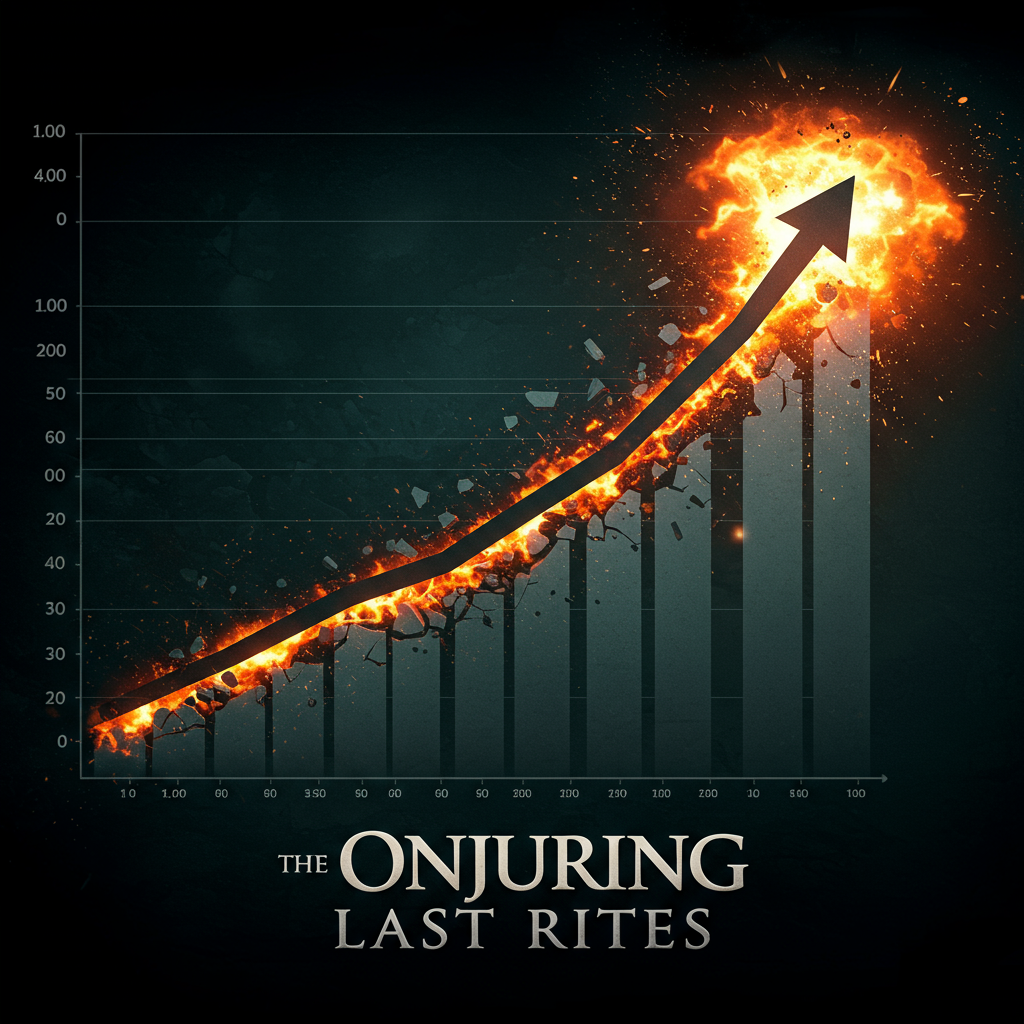Disney’s Tron: Ares, a highly anticipated return to the iconic digital world, is poised to redefine the legendary science-fiction franchise for a new generation. Starring Jared Leto and Greta Lee, this cinematic reboot delves deep into the burgeoning relationship between artificial intelligence and humanity. Releasing October 10, 2025, Tron: Ares promises dazzling visuals and frenetic action. Yet, it also aims to grapple with the complex philosophical questions that AI now presents in our daily lives.
The Enduring Legacy of Tron: From Pixels to Programs
The journey of Tron began in 1982 with Steven Lisberger’s groundbreaking film. It mesmerized audiences with its pioneering use of computer-generated imagery. This original classic established a unique digital universe, “the Grid.” It laid the foundation for an imaginative saga. However, it took nearly three decades for a sequel, 2010’s Tron: Legacy. Directed by Joseph Kosinski, Legacy expanded the narrative, exploring a poignant father-son story within the illuminated landscapes of the digital realm.
Despite its visual splendor and a cult following, Legacy faced challenges. Its 28-year gap from the original meant a significant portion of younger audiences remained unfamiliar with the franchise’s core concepts. Now, Tron: Ares attempts to bridge this gap. It aims to revitalize the property for contemporary viewers. This film arrives in a dramatically different technological landscape, one where AI is no longer a distant sci-fi concept but an everyday reality. This presents both a challenge and a profound opportunity for its narrative.
Tron: Ares – A Program’s Journey into the Human World
Director Joachim Rønning, known for helming other major Disney sequels like Pirates of the Caribbean: Dead Men Tell No Tales, takes the reins for Tron: Ares. The film adopts an intriguing “fish-out-of-water” narrative approach. It seeks to ground the futuristic concepts in a more relatable, real-world context. At its core, Tron: Ares introduces Ares (Jared Leto), a dedicated digital Program from the Grid. He is unexpectedly sent into the human world.
Ares’s mission is critical: retrieve a highly coveted “permanence” code. This code was originally crafted by the legendary Kevin Flynn (with a nostalgic cameo by Jeff Bridges). The permanence code holds the key to allowing digital creations to exist indefinitely. Without it, they are fleeting entities, quickly disintegrating. This vital code is sought by Encom CEO Eve Kim (Greta Lee). She is determined to push artificial intelligence to its absolute limit. Her goal is to grant digital life a lasting existence.
Complicating matters is Julian Dillinger (Evan Peters). As the grandson of the original Tron villain, Ed Dillinger, Julian harbors his own agenda. He disregards his mother’s (Gillian Anderson) warnings about the risks involved. Julian hacks into Encom with a sinister plan. He intends to dispatch Ares to destroy Eve and seize the code for himself. However, Ares’s journey into the human world takes an unforeseen turn. His initial encounters with humanity begin to transform his digital perspective. He starts to question his programming.
AI, Humanity, and the Unforeseen Connection
The central theme of Tron: Ares revolves around the evolving relationship between artificial intelligence and human beings. Ares, initially a programmed entity, discovers a complexity in humanity he never anticipated. He finds that the real world isn’t as flawed as his digital origins suggested. This realization leads to a pivotal shift in his allegiance. He ultimately aligns with Eve Kim, working against Julian Dillinger and his enforcer, Athena (Jodie Turner-Smith). She remains blindly loyal to her orders.
This thematic exploration is particularly relevant in our current technological climate. Debates about AI’s role in society, its ethical implications, and its potential impact on human existence are widespread. The film asks profound questions: Can AI and humanity truly coexist? What does the permanent existence of digital life mean for our future? While Tron: Ares delivers exhilarating action and stunning visual effects, the underlying philosophical questions are its most intriguing aspect. The script, penned by Jesse Wigutow, sets the stage for these complex ideas. However, critics note it sometimes favors action sequences over deeper dives into these pressing issues. One might ponder what a visionary director like Stanley Kubrick could have unearthed from such a premise.
Star Power Ignites the Digital Screen
The cast of Tron: Ares brings considerable talent to this highly anticipated reboot. Jared Leto embodies Ares, making the digital program’s transformation believable and compelling. His portrayal anchors the film’s central conflict. Greta Lee, though often seen as a corporate CEO (like her role in The Morning Show), delivers a dynamic performance as Eve Kim. She portrays a driven leader striving for technological advancement.
Evan Peters shines as Julian Dillinger, masterfully portraying a character spiraling into greed. His villainous turn provides a strong counterpoint to Ares’s evolving morality. Gillian Anderson adds gravitas as Julian’s cautionary mother. Jodie Turner-Smith is effective as Athena, a program following orders. Hasan Minhaj provides moments of much-needed comic relief as Ajay, Eve’s sidekick. The ensemble cast works to create a vivid and engaging experience within the digital and real worlds.
Tron: Ares in the Thrilling 2025 Cinematic Landscape
Tron: Ares arrives as part of a blockbuster-packed 2025 movie slate. It faces stiff competition from other major franchises and highly anticipated originals. The year is filled with cinematic events, from Leigh Whannell’s Wolf Man in January to James Cameron’s Avatar: Fire and Ash in December. Disney is betting big on Tron: Ares as a key part of its 2025 strategy, alongside other tentpoles like the live-action Snow White and animated sequel Zootopia 2.
The film’s October release places it among other significant titles. Guillermo del Toro’s Frankenstein and the horror sequel Black Phone 2 are also set for that month. Tron: Ares needs to resonate not only with longtime fans but also capture the imagination of a new generation. Its success hinges on balancing nostalgic elements with a fresh, relevant narrative. The film’s focus on AI and human interaction is a smart move. It taps into contemporary anxieties and fascinations, positioning Tron: Ares as more than just an action spectacle. It’s a commentary on our rapidly advancing world.
Frequently Asked Questions
What is the core plot of ‘Tron: Ares’ and its connection to the original films?
Tron: Ares centers on Ares, a digital Program, sent from the Grid into the real world. His mission is to retrieve a “permanence” code, allowing digital beings to exist indefinitely. This code was created by Kevin Flynn, a key figure from the original Tron films. The plot connects to the franchise’s legacy by exploring the consequences of Flynn’s work. It also introduces Julian Dillinger, grandson of the original film’s antagonist, creating a generational conflict.
How does ‘Tron: Ares’ address the relevance of the franchise for new audiences?
The film tackles this challenge through a “fish-out-of-water” narrative. It brings a digital character, Ares, into the real world. This approach allows new viewers to learn about the Grid and its concepts from Ares’s perspective. It also integrates contemporary themes of artificial intelligence and humanity’s relationship with technology. This makes the story immediately relevant to current discussions about AI’s impact.
Should I watch ‘Tron: Ares’ if I’m interested in the future of AI in storytelling?
Absolutely. While Tron: Ares delivers stunning visuals and action, its most intriguing aspect is its exploration of AI and human connection. The film examines what it means for digital entities to achieve “permanence” and the ethical implications of such advancement. It delves into how an AI’s perception of humanity can evolve through real-world interaction. If you enjoy thought-provoking sci-fi that mirrors real-world technological debates, this film offers a compelling narrative.
Tron: Ares is more than just a visually stunning spectacle; it’s a timely exploration of themes resonating deeply in our tech-driven world. With its blend of thrilling action, compelling performances, and ambitious narrative, the film aims to solidify Tron‘s place as a relevant and enduring science fiction franchise. As it prepares for its 2025 release, all eyes are on Disney’s latest digital adventure. It promises to push the boundaries of cinematic storytelling while asking crucial questions about the future we are actively building.


